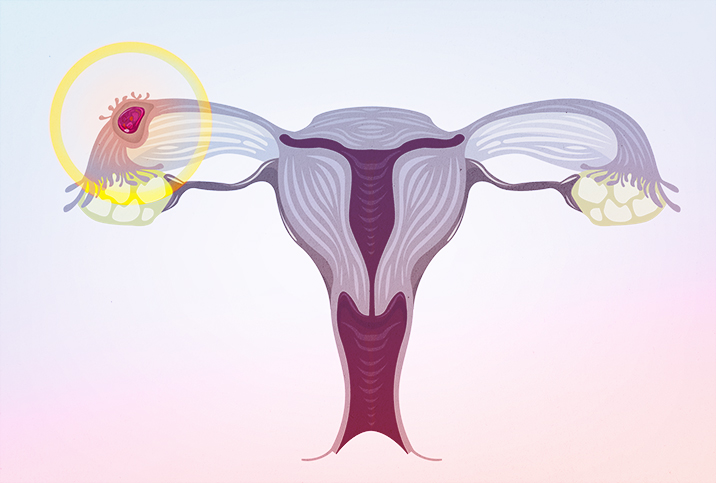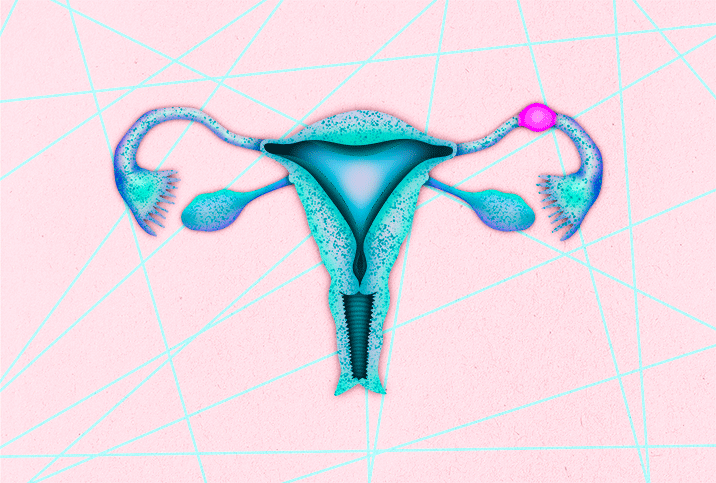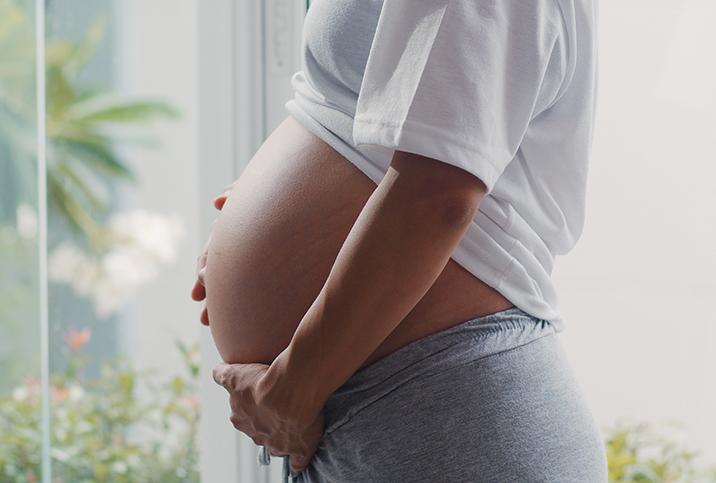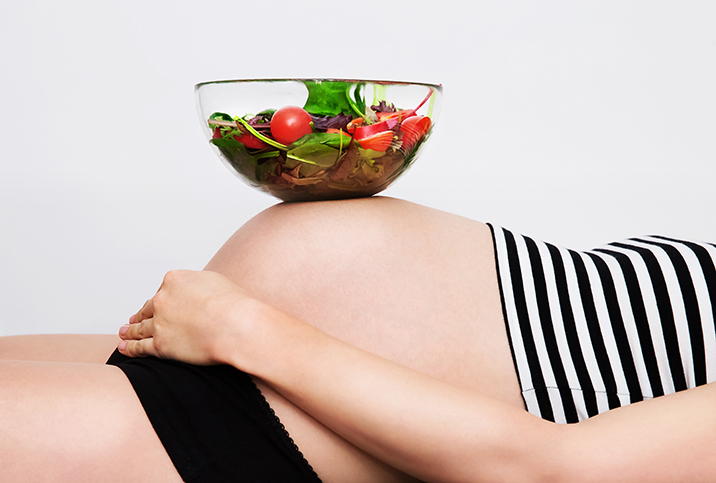Ectopic Pregnancies Are Rare But Life-Threatening

Pregnant women—and women planning to become pregnant—often read articles, websites and books to learn about what to expect. From trouble getting pregnant to difficulties delivering the baby, they may discover a large number of possible problems, both for expectant mothers and their babies. Certain conditions can cause a woman to lose her pregnancy, especially during the first trimester. One of those conditions is an ectopic pregnancy.
What is an ectopic pregnancy?
Ectopic pregnancies are named for their abnormal location. A normal pregnancy starts with the meeting of the sperm and the egg. Sometimes, they meet near the ovary where the egg formed. Sometimes they meet in the fallopian tube. The fertilized egg then travels to the uterus, where it settles in and starts growing. A fertilized egg that begins to grow anywhere except the uterus is an ectopic pregnancy.
Fertilized eggs that don't make it to the uterus may begin growing in the abdomen or on an ovary. Most ectopic pregnancies—about 95 percent—are located in the fallopian tube, and are sometimes called tubal pregnancies. An egg that has begun growing outside the uterus will not survive.
How does the fertilized egg get lost?
"Fallopian tubes are not connected to the ovaries," said Valerie Busick, M.D., an OB-GYN with Avina Women's Health in Central Ohio. "It's one of the big myths about female anatomy. Even medical textbooks seem to show the tubes connected to the ovaries, but they're not. They can move around within the pelvis."
Instead, the fimbriae (a fringe-like structure at the ends of the fallopian tubes) catch eggs from the ovaries during ovulation, and sweep them into the tubes and toward the uterus.
"It's pretty remarkable that anyone gets pregnant when you look at the anatomy," said Michael Cackovic, M.D., a maternal-fetal medicine physician at the Ohio State University Wexner Medical Center.
How do you know it's an ectopic pregnancy?
Many patients who have an ectopic pregnancy may experience normal symptoms of pregnancy at the beginning. They will likely skip a period and even have a positive pregnancy test.
The most common symptoms that require immediate care by a medical professional are vaginal bleeding and abdominal cramping. The doctor will then perform an ultrasound to discover the errant egg. When caught early, there is a medication that can be given to prevent the egg from growing further and allow the patient to avoid surgery.
If not caught early, an ectopic pregnancy can create life-threatening dangers for the patient. A ruptured fallopian tube will cause excessive internal bleeding. Surgery is the only way to fix the rupture, and often the woman will lose her fallopian tube as a result.
Occasionally, an ectopic pregnancy will develop on an ovary, and surgery may be required. While a previous ectopic pregnancy does increase your risk for a second one, the good news is the loss of an ovary or a fallopian tube will not reduce overall fertility rates, according to Cackovic.
How can you prevent an ectopic pregnancy?
While you can't prevent an ectopic pregnancy, you can reduce your risks. The greatest risk factors are smoking and sexually transmitted infections (STIs). Some ectopic pregnancies are caused by scar tissue from previous surgeries, including an appendectomy.
Any sexually active woman should schedule an annual checkup with a gynecologist and get tested for sexually transmitted infections. Diseases like gonorrhea and chlamydia can spread to the uterus and cause scarring. They can also develop into a painful condition called pelvic inflammatory disease (PID). These common infections are easily treated—and the sooner, the better. (The woman's sexual partner(s) must also be treated for the infection.)
"In some states, a gynecologist can't prescribe medication for men, so doctors have to trust that the partners of their patients will also get treated," Cackovic said. "This can sometimes create difficulties for care. And sometimes women are uncomfortable telling their partner about the infection."
Cackovic recommends women use condoms to prevent STIs as well as pregnancy. For women in a monogamous relationship, condoms are unnecessary, as long as both partners have been checked for STIs.
Precautions before pregnancy
If you've had a previous ectopic pregnancy, PID or other surgery in the abdomen, Busick recommends contacting your gynecologist for an exam if you're considering pregnancy. An imaging test can be conducted to check the health of the fallopian tubes.
"I encourage all of my patients to start prenatal vitamins before becoming pregnant, too" Busick said.
Take care of as many risk factors as you can. Quit smoking and get checked and treated for any infections. Eat healthy foods, start prenatal vitamins, get appropriate rest and drink plenty of water. If you drink alcohol, Busick recommends cutting back to just a drink or two per week, or limit it to special occasions. You'll feel healthier overall.
Be aware, but try not to stress
Ectopic pregnancies are rare—fewer than 5 percent of all pregnancies. If you're pregnant or trying to get pregnant, try not to worry about everything that might possibly go wrong. Talk with your doctor about any risk factors that concern you and pay attention to your body during the early weeks of pregnancy.
Be aware of the symptoms that are serious: abdominal cramping and vaginal bleeding. These could be signs of an ectopic pregnancy, but they may be signs of other conditions as well. If you experience these symptoms, contact your doctor's office right away.
If something does go wrong, know you're not the only one to experience difficulties during pregnancy. Find resources to help you work through your situation. Many women experience pregnancy loss, and your doctor can recommend professional counselors and support groups to help you process unexpected experiences and emotions.



















